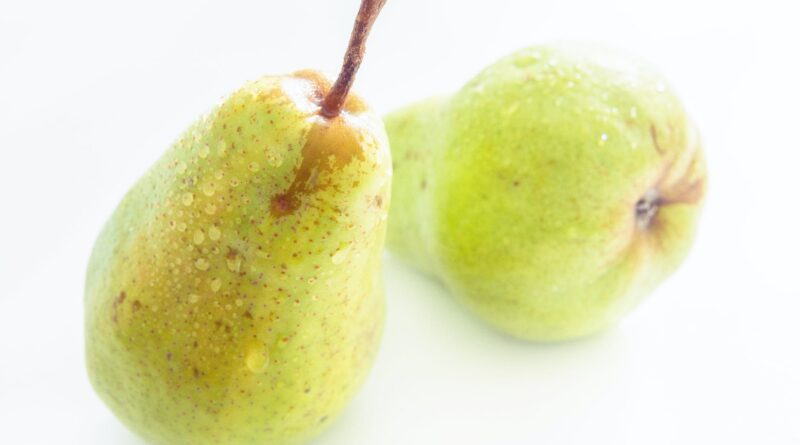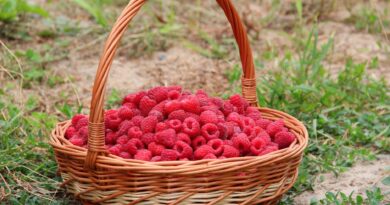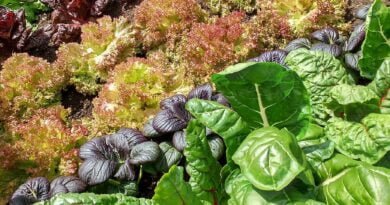Growing Pears On Your Allotment: Health Benefits and Meal Ideas
Welcome to the wonderful world of growing pears on your allotment! As an experienced allotment owner, I’m excited to share with you everything you need to know about cultivating these delicious fruits. From choosing the right varieties to a detailed growing guide, exploring health benefits, and discovering tasty meal ideas, let’s dive right in!
Varieties:
When it comes to pears, the UK offers a variety of suitable cultivars for allotment growing. Consider the following popular choices:
- Conference:
This is the classic pear variety in the UK. It produces long, elegant fruits with a sweet and juicy taste. Conference pears are known for their excellent flavor and reliable cropping. - Williams’ Bon Chrétien (also known as Bartlett): A traditional pear variety, Williams’ Bon Chrétien is highly prized for its aromatic and tender flesh. It’s perfect for both eating fresh and cooking.
Growing Guide:
Follow these steps to successfully grow pears on your allotment:
- Soil Preparation:
- Planting:
- Plant pear trees in late autumn or early spring when the ground is not frozen and the tree is dormant.
- Dig a hole wide and deep enough to accommodate the tree’s root system without bending or crowding the roots.
- Position the tree so that the graft union (a swollen area on the stem) is above the soil surface when backfilled.
- Spacing:
- Allow ample space between pear trees to ensure proper airflow and prevent diseases.
- Space trees at least 15-20 feet apart to provide enough room for growth and maintenance.
- Training and Pruning:
- Train young pear trees to a central leader system or an open center system.
- Prune during the dormant season to shape the tree and promote fruit production.
- Remove any dead, diseased, or crossing branches.
- Thin out the canopy to increase light penetration and airflow.
- Watering and Mulching:
- Provide regular watering, especially during dry periods, to keep the soil consistently moist but not waterlogged.
- Apply a layer of organic mulch around the base of the tree, leaving a gap around the trunk to prevent rot.
- Fertilisation:
- Apply a balanced fertiliser in early spring to provide essential nutrients for growth and fruit development.
- Follow the manufacturer’s instructions regarding the dosage and application method.
- Pest and Disease Management:
- Monitor your pear trees regularly for signs of pests and diseases, such as aphids, pear psylla, or fire blight.
- Use organic methods whenever possible, such as handpicking pests or using insecticidal soaps.
- Consult with local gardening resources or professionals for specific pest and disease management strategies.
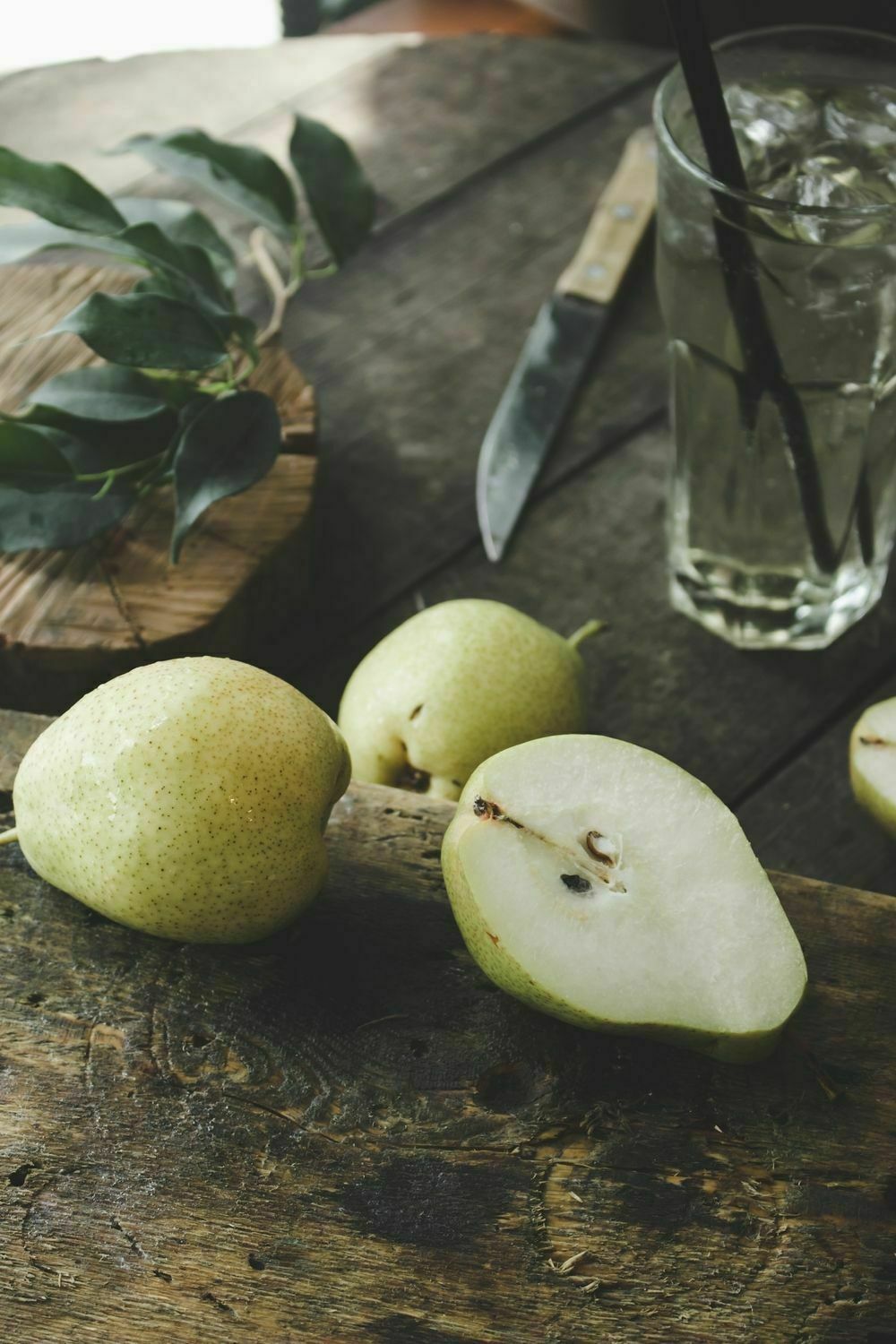
Health Benefits:
Not only are pears delicious, but they also offer numerous health benefits. Pears are packed with fiber, antioxidants, and vitamins, making them a nutritious addition to your diet. Here are some benefits:
- Digestive Health: Pears are an excellent source of dietary fiber, promoting healthy digestion and preventing constipation.
- Antioxidants: Pears contain antioxidants that help protect against cell damage and reduce the risk of chronic diseases.
- Hydration: Pears have high water content, aiding in hydration and supporting overall well-being.
Meal Ideas:
Now that you’ve successfully grown your juicy pears, let’s explore some delightful ways to enjoy them:
- Fresh Snack: There’s nothing quite like biting into a juicy, ripe pear straight from the tree. Enjoy them on their own or slice them up as a refreshing snack.
- Salads: Add slices or cubes of fresh pear to your favorite salads for a burst of sweetness. They pair wonderfully with greens, nuts, and creamy dressings.
- Desserts: Pears are a star ingredient in numerous desserts. Bake them into tarts, poach them in spices for a fragrant treat, or create a classic pear crumble.
- Preserves: Make homemade pear jams or chutneys to savor the flavors of your harvest throughout the year. They make fantastic gifts too!
- Pear and Cheese Pairings: Pears and cheese are a match made in heaven. Serve slices of ripe pear alongside a selection of cheeses, such as blue cheese, brie, or goat cheese, for an elegant and tasty combination.
- Pear Smoothies: Blend ripe pears with your favorite fruits and a splash of yogurt or almond milk for a refreshing and nutritious smoothie.
- Pear Salsa: Combine diced pears with red onions, jalapenos, lime juice, and cilantro for a flavorful salsa that pairs well with grilled meats or tortilla chips.
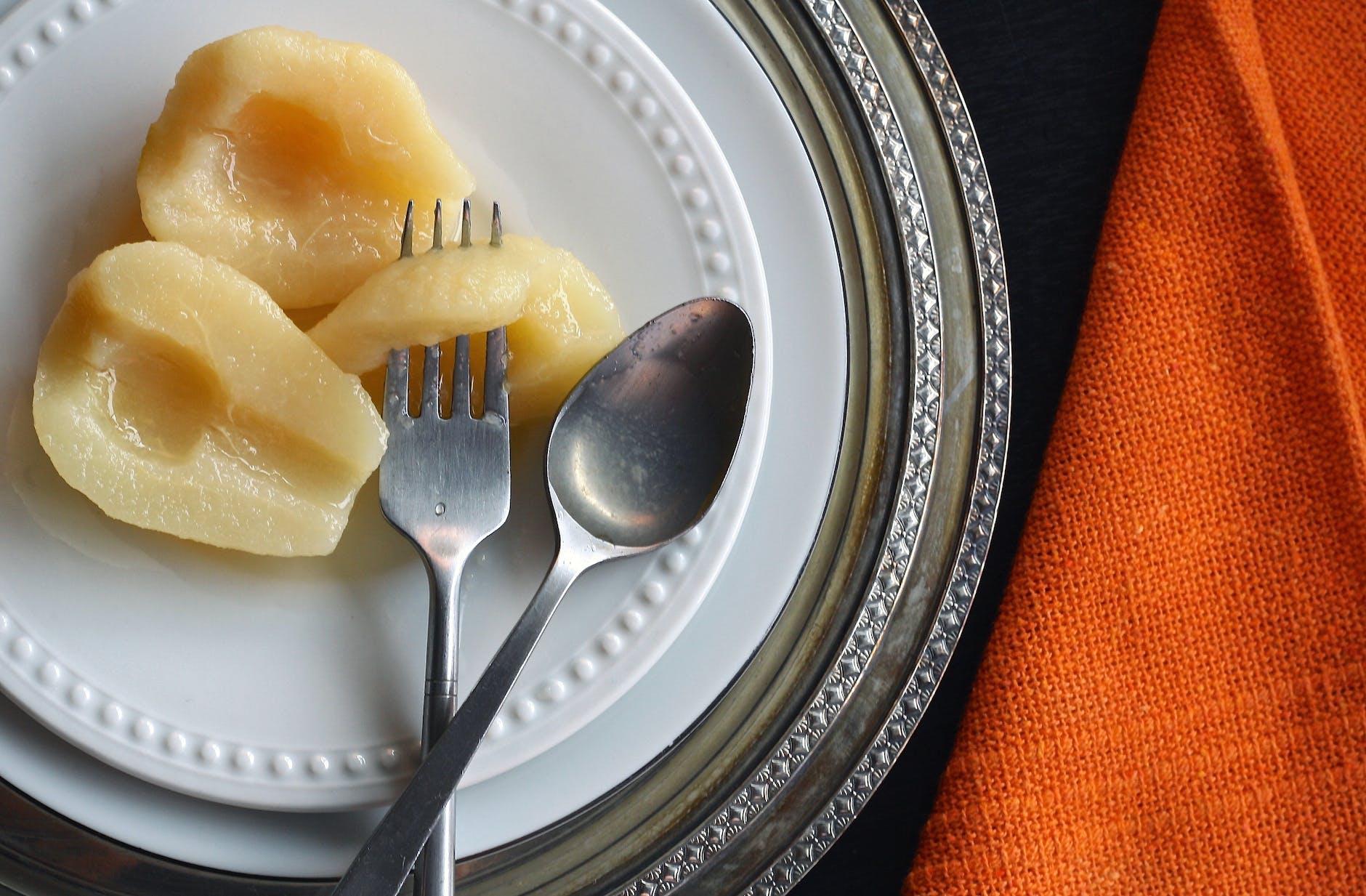
Growing pears on your allotment is a rewarding and fulfilling experience. By following the steps outlined in this comprehensive guide, you can cultivate healthy pear trees and enjoy a plentiful harvest of delectable fruits. From choosing suitable varieties like Conference and Williams’ Bon Chrétien, to providing optimal growing conditions, practicing proper maintenance, and managing pests and diseases, you’ll be well-equipped to nurture your pear trees to their full potential.
Not only are pears a delightful addition to your garden, but they also offer numerous health benefits. Packed with fiber, antioxidants, and essential nutrients, pears contribute to digestive health, provide protection against cell damage, and support overall well-being. From fresh snacking to incorporating pears into salads, desserts, preserves, and unique pairings with cheese, there are endless ways to savor the flavors of your homegrown pears.
As an allotment owner, you possess the power to grow your own nutritious and delicious fruits. Take pride in your journey, be patient with the process, and relish the joy of harvesting the fruits of your labor. Whether you’re a seasoned allotment gardener or embarking on this adventure for the first time, the experience of growing pears will connect you with the beauty of nature and provide you with a deeper appreciation for the flavors that the earth can offer.
So, roll up your sleeves, prepare your allotment, and embark on this exciting journey of growing pears. Enjoy the process, experiment with different varieties and recipes, and share the fruits of your labor with friends, family, and fellow allotment enthusiasts. Happy growing and bon appétit!

